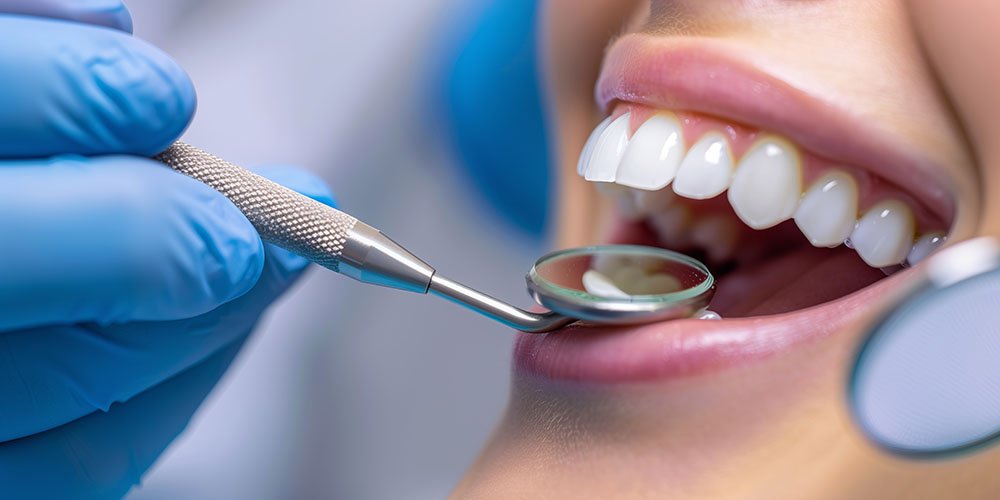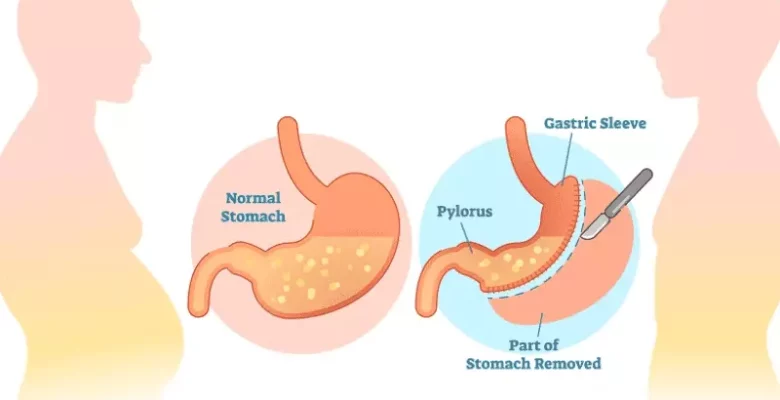As cat owners, our top priority is the health and happiness of our furry friends. One of the most critical aspects of their well-being is maintaining strong joints, especially as they age. Just like humans, cats can suffer from joint problems that lead to pain and decreased mobility. Thankfully, a balanced diet enriched with the right vitamins can significantly support joint health. In this guide, we’ll explore essential vitamins for cats and how they contribute to their overall joint wellness.
Understanding Joint Health in Cats
As cats grow older, they are prone to joint issues like arthritis and osteoarthritis. These conditions can result in pain, stiffness, and reduced activity levels. Signs that your cat might be struggling with joint problems include:
Difficulty jumping or climbing
Reluctance to play or engage in physical activity
Limping or stiffness after resting
Changes in grooming habits
If you notice any of these symptoms, it’s crucial to consult your veterinarian. In addition to medical treatments, incorporating the right vitamins can play a significant role in promoting joint health.
Essential Vitamins for Joint Health
-
Omega-3 Fatty Acids
Omega-3 fatty acids are essential for reducing inflammation in the body, including the joints. These fatty acids can help alleviate pain and stiffness associated with arthritis. They are found in fish oil supplements and cat foods formulated with omega-3s.
Benefits:
Reduces inflammation
Supports healthy joint function
Enhances overall skin and coat health
Sources:
Fish oil supplements
Fatty fish (like salmon, but ensure it’s prepared specifically for cats)
-
Glucosamine and Chondroitin
Glucosamine and chondroitin are popular supplements for joint health. These compounds help maintain the integrity of cartilage, the tissue that cushions joints. Often combined in joint health supplements for cats, they can help slow the progression of joint degradation.
Benefits:
Supports cartilage health
Promotes joint lubrication
Reduces pain and stiffness
Sources:
Joint health supplements formulated for cats
Some commercial cat foods may contain these ingredients
-
Vitamin E
Vitamin E is an antioxidant that helps reduce oxidative stress in the body, promoting overall health. It plays a crucial role in maintaining healthy joints by supporting the immune system and aiding in the repair of damaged tissues.
Benefits:
Reduces inflammation
Supports the immune system
Aids in tissue recovery
Sources:
Supplements designed for cats
Certain commercial cat foods
-
Vitamin C
While cats can synthesize their own vitamin C, additional supplementation can be beneficial, particularly for those with joint issues. Vitamin C is vital for collagen formation, which is essential for joint health and repair.
Benefits:
Supports collagen production
Aids in tissue repair
Enhances the immune system
Sources:
Supplements formulated for cats
Some fruits and vegetables (should be given in moderation)
-
B Vitamins
The B vitamin complex plays a role in maintaining energy levels and overall health. B vitamins can help your cat maintain a healthy weight, which is important for reducing strain on their joints.
Benefits:
Supports energy metabolism
Helps maintain a healthy weight
Contributes to overall well-being
Sources:
Commercial cat foods often contain B vitamins
Supplements are available for additional support
How to Incorporate Vitamins into Your Cat’s Diet
Introducing vitamins into your cat’s diet can be done in several ways. Here are some tips:
- Consult Your Veterinarian: Before adding any supplements, discuss your plans with your vet. They can recommend specific products based on your cat’s health needs.
- Choose High-Quality Cat Food: Look for cat foods fortified with vitamins and minerals, particularly those designed for joint health. Check the ingredient list for sources of omega-3 fatty acids, glucosamine, and other beneficial nutrients.
- Use Supplements Wisely: If your vet recommends supplements, choose high-quality products designed specifically for cats. Follow dosage instructions carefully.
- Monitor Your Cat’s Response: After introducing new vitamins or supplements, keep an eye on your cat’s behavior and mobility. If you notice improvements, that’s a great sign. If any adverse effects occur, consult your vet immediately.
- Maintain a Balanced Diet: Along with vitamins, ensure your cat’s diet includes sufficient protein, healthy fats, and fiber to support overall health.
Conclusion
Taking proactive steps to support your cat’s joint health can lead to a happier, more active life for your furry companion. By incorporating essential vitamins such as omega-3 fatty acids, glucosamine, vitamin E, vitamin C, and B vitamins into their diet, you can help mitigate the effects of joint wear and tear.
Always consult your veterinarian before making changes to your cat’s diet or introducing supplements. With the right care and attention, you can keep your cat healthy and agile for years to come. Remember, investing in joint wellness today can lead to a lifetime of joyful moments with your feline friend.





